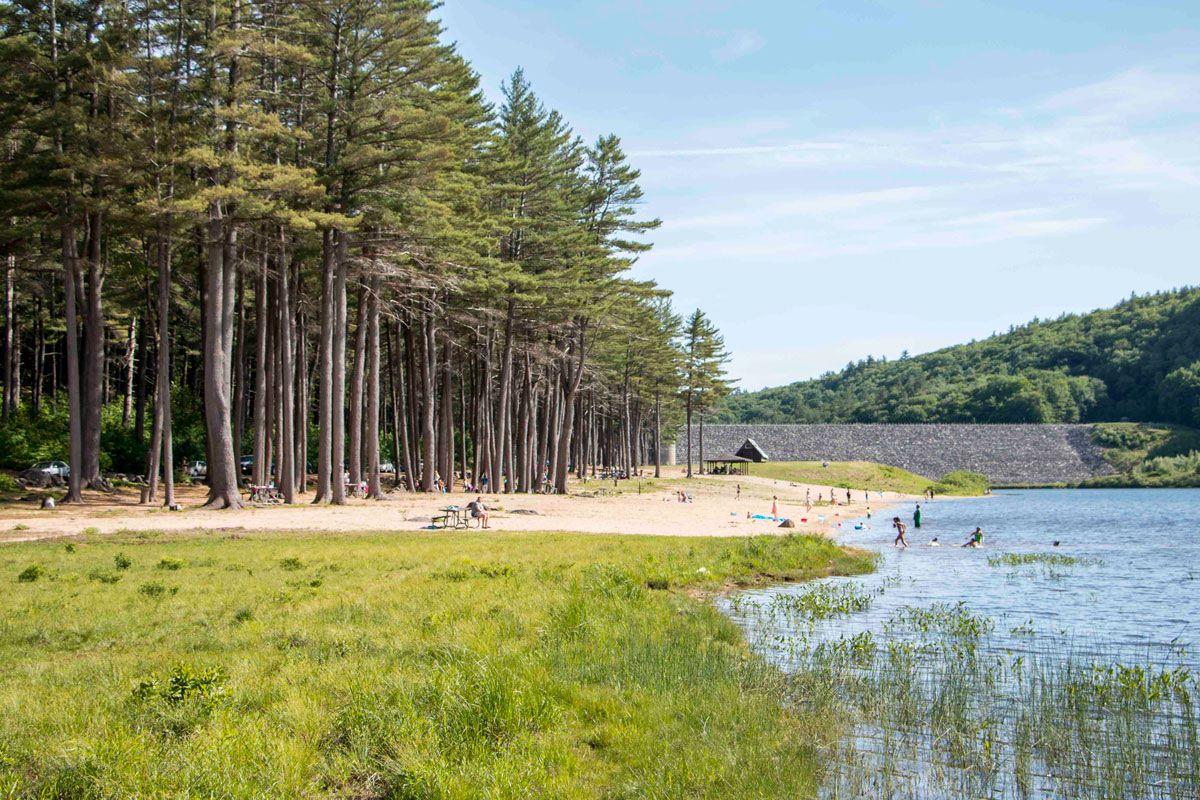Secrets Of New Hampshire’s Lost Nation Lost Villages

Have you ever wondered about the lost villages of New Hampshire? These hidden gems, once bustling with life, now lie abandoned and forgotten. From the eerie remnants of Monson to the ghostly silence of Livermore, each village tells a unique story of the past. Exploring these places offers a glimpse into history, showing how communities thrived before vanishing into obscurity. Whether you're a history buff or just curious, visiting these sites can be a thrilling adventure. Ready to step back in time and uncover the mysteries of New Hampshire's lost villages? Let's dive into the past and see what secrets await!
Discovering New Hampshire's Lost Villages
New Hampshire, known for its stunning landscapes and rich history, hides a few secrets. Among these secrets are the lost villages—abandoned towns and settlements that once thrived but now lie forgotten. Exploring these places offers a glimpse into the past and a chance to connect with history in a unique way.
1. Monson
Monson, one of New Hampshire's earliest settlements, was established in the 1730s. It was abandoned by the 1770s due to harsh living conditions and poor soil. Today, visitors can find stone foundations and cellar holes, remnants of the village's past.
2. Livermore
Livermore, a logging town founded in the 1870s, thrived for a few decades before being deserted in the 1940s. The town's remains include old logging equipment, building foundations, and a cemetery. Hiking trails lead adventurers through this ghostly landscape.
3. Zealand
Zealand, another logging town, was established in the late 1800s. It was abandoned after a devastating fire in 1897. The Zealand Trail offers hikers a chance to see the remnants of the town, including the old mill site and scattered artifacts.
4. Beebe River
Beebe River, once a bustling mill town, was abandoned in the early 20th century. The town's ruins include the remains of the mill, worker housing, and other structures. The area is now a popular spot for hiking and exploring.
5. East Weare
East Weare, a village flooded in the 1960s to create the Everett Lake Reservoir, leaves behind submerged foundations and remnants visible during low water levels. Kayakers and divers often explore the underwater ruins.
6. Johnson
Johnson, a small farming community, was abandoned in the early 1900s due to economic hardship. The village's remains include stone walls, cellar holes, and overgrown fields. It's a peaceful spot for a quiet walk through history.
7. Peeling
Peeling, later renamed Lincoln, was a thriving logging town in the 1800s. After the logging industry declined, the town was largely abandoned. Visitors can still find remnants of the old town, including the mill site and old roads.
8. Passaconaway
Passaconaway, a small village in the White Mountains, was abandoned in the early 1900s. The village's remains include stone foundations and old roads. The area is now part of the White Mountain National Forest, offering scenic hikes and historical exploration.
9. Grafton
Grafton, once a bustling mining town, was abandoned after the mines closed in the early 1900s. The town's remains include old mine shafts, building foundations, and scattered artifacts. It's a fascinating spot for history buffs and adventurers alike.
10. Hill
Hill, a village relocated in the 1940s to make way for the Franklin Falls Dam, leaves behind the old town site with foundations and cellar holes. The area is now a park, offering a unique blend of history and recreation.
Hidden Gems Worth Exploring
New Hampshire's lost villages offer a unique glimpse into the past. These hidden gems, like Monson and Livermore, tell stories of resilience and change. Exploring these sites, you can see remnants of old buildings, forgotten roads, and even cemeteries. Each village has its own tale, from thriving communities to abandoned ruins. Visiting these places is like stepping back in time. It's a chance to connect with history and imagine life as it once was. Whether you're a history buff or just curious, these lost villages are worth the trip. They remind us of the ever-changing nature of life and the importance of preserving our heritage. So next time you're in New Hampshire, take a detour to explore these fascinating spots. You won't regret it.

